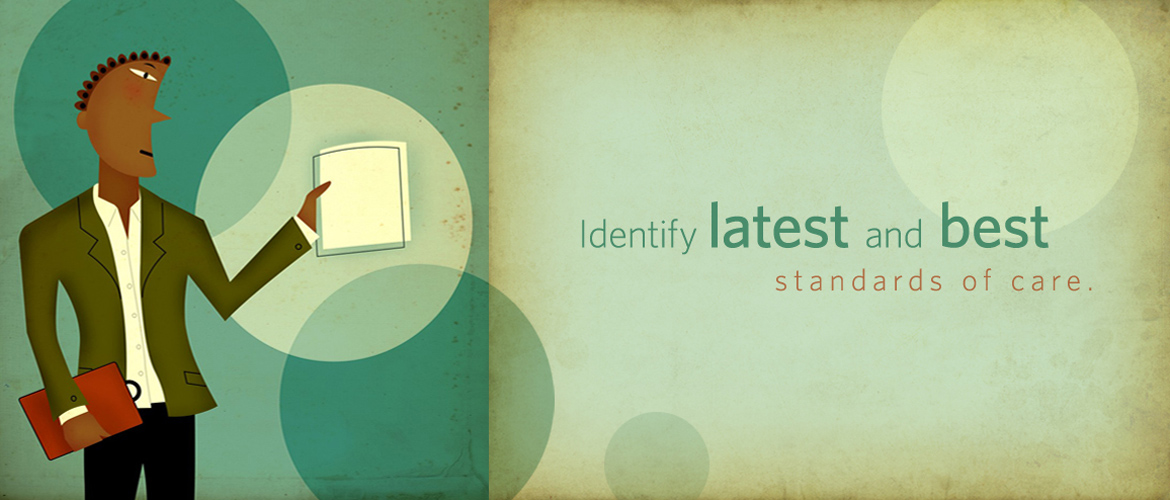YOUR CHOICES CUSTOM SOLUTIONS WHERE TO BEGIN WHY EMPATHOS
Training of professionals and community members in detection of suicide risk and appropriate response is vital to reducing rates of suicide at a systems level.
The public health model indicates a comprehensive approach to suicide prevention, one in which clinical and community services and supports for a person struggling with depression and thoughts of suicide should be available. This comprehensive approach is integrated, synergistic, multilevel, comprehensive and collaborative.
“Training programs should be tailored to the specific needs and roles of providers and be regularly updated and refreshed to reflect new knowledge in the field and over time.”
– National Strategy for Suicide Prevention, 2012, U.S. Dept. of Health and Human Services
More on why training needs to be customized
CHECK IT OUT—Massachusetts Clinician Kathleen Shine-O’Brien and Temple University Researcher Jonathan Singer discuss the role of school social workers and why training in suicide prevention needs to be tailored to both professional setting and youth development stages—elementary school versus middle school versus high school.
Your choices

Empathos Tiered Training creates relevant modules for professionals in a host of diverse practice settings.
Empathos eLearning offers multiple advantages:
- Ability to train a geographically dispersed audience in a short period of time
- Everyone gets a consistent message—no variation by instructor
- Significantly lower cost per participant than classroom training
What kind of eLearning works best for your audiences? Empathos offers all of these:
- SYNCHRONOUS, with real-time interaction between facilitator and participants
- ASYNCHRONOUS, with self-paced participant involvement
- COLLABORATIVE, with participants learning not only from an instructor but from one another
- BLENDED, with synchronous, asynchronous and/or collaborative all combining, and with potential addition of in-person training
Don’t be baffled by all the choices. We’re here to help guide you via a strategic Needs Assessment.
Custom solutions
Empathos custom course solutions for your suicide prevention training needs cover all the bases.
They’re ONLINE or BLENDED to meet professionals’ needs and preferences.
They’re TARGETED to at-risk populations—in terms of age, demographics, geographical location, ethnicities and more.
They’re CUSTOMIZED for specific professionals to ensure the utmost in relevancy. We deliver customized training for a host of professions including addictions and mental health, public health, first response, emergency room, primary care and many more.
They’re LOCALIZED to state/province/tribal/systems levels to reflect relevant policies, statutes or mandates for professionals working within these systems.
They’re TIERED so each user receives just what’s needed for their respective role, with levels building on one another for comprehensive and efficient learning.
They’re INTEGRATED into your existing delivery systems including custom training solutions and existing learning or knowledge portals.
Where to begin
1. We start with a strategic NEEDS ASSESSMENT, where we work closely with you to identify goals for your training program, and requirements regarding content, technology, users, integration, customization, administration, support, timing, delivery and budget.
2. We then leverage the Needs Assessment into a strategic TRAINING PLAN, which considers the full scope of training required—across all target audiences, encompassing all target populations, and delivered via appropriate and preferred modes. It also includes communication (change management and marketing of courses to intended audiences), third-party independent evaluation, and financial analysis with anticipated return on investment.
Once a comprehensive strategic Training Plan is in place, it can be implemented in phases to best meet organizational and participant needs. This IMPLEMENTATION phase begins with confirmation of course goals and required performance outcomes, and pre-evaluation of attendees to determine baseline knowledge. We then proceed to course development, beta testing, evaluation, promotion and launch. Following is the EVALUATION phase to determine whether goals and performance outcomes have been met.
Why Empathos
AUGUST 5, 2013: “I love your webinars and find them first-rate. A couple of us watched your June 19, 2013 Web chat on emerging best practices in suicide prevention. It was so helpful, and it reinforced work we are doing currently to increase staff competencies around suicide prevention. I was planning to show the podcast to more staff…we are trying to get more clinical staff interested in expanding their skills. Thanks for all you offer. Well Aware is an amazing resource.”
KRISTIN DEMPSEY, Director, Training & Workforce Development, Intern & Trainee Program, Behavioral Health & Recovery Services, San Mateo County Health System
OUR CONTENT: Since 2003, we have been at the forefront of emerging issues in suicide prevention. Our podcasts feature field experts and cutting-edge content, presented in a way that is engaging and compelling. We’re valued by users, with the above testimonial one of thousands we’ve received in the past five years alone.
OUR PARTNERS: We partner with field leaders, among them leading universities, federal and state agencies, evidence-based and best-practice programs, and respected authorities including Drs. David Brent, Madelyn Gould, Thomas Ellis, Cheryl King, David Jobes, Cynthia Pfeffer, Kenneth Conner, Peter Wyman, Catherine Barber, Maureen Underwood, Dennis Embry, Donna Holland Barnes, Scott Poland, Susan Keys, Teresa LaFromboise and more.
OUR TEAM: The Empathos eLearning Team brings together seasoned professionals who represent both the best in suicide prevention and online learning. Our robust team of twelve has more than 200 years of combined and proven field experience in areas critical to our—and more importantly YOUR—success. They include senior experts in suicide prevention content, solutions architecture, instructional design and real-world scenario-based learning, creative design, mobile applications development, usability and human-computer interactions optimization, computer programming and animation, strategic partnerships, sound design and engineering, videography, and marketing and public affairs.


